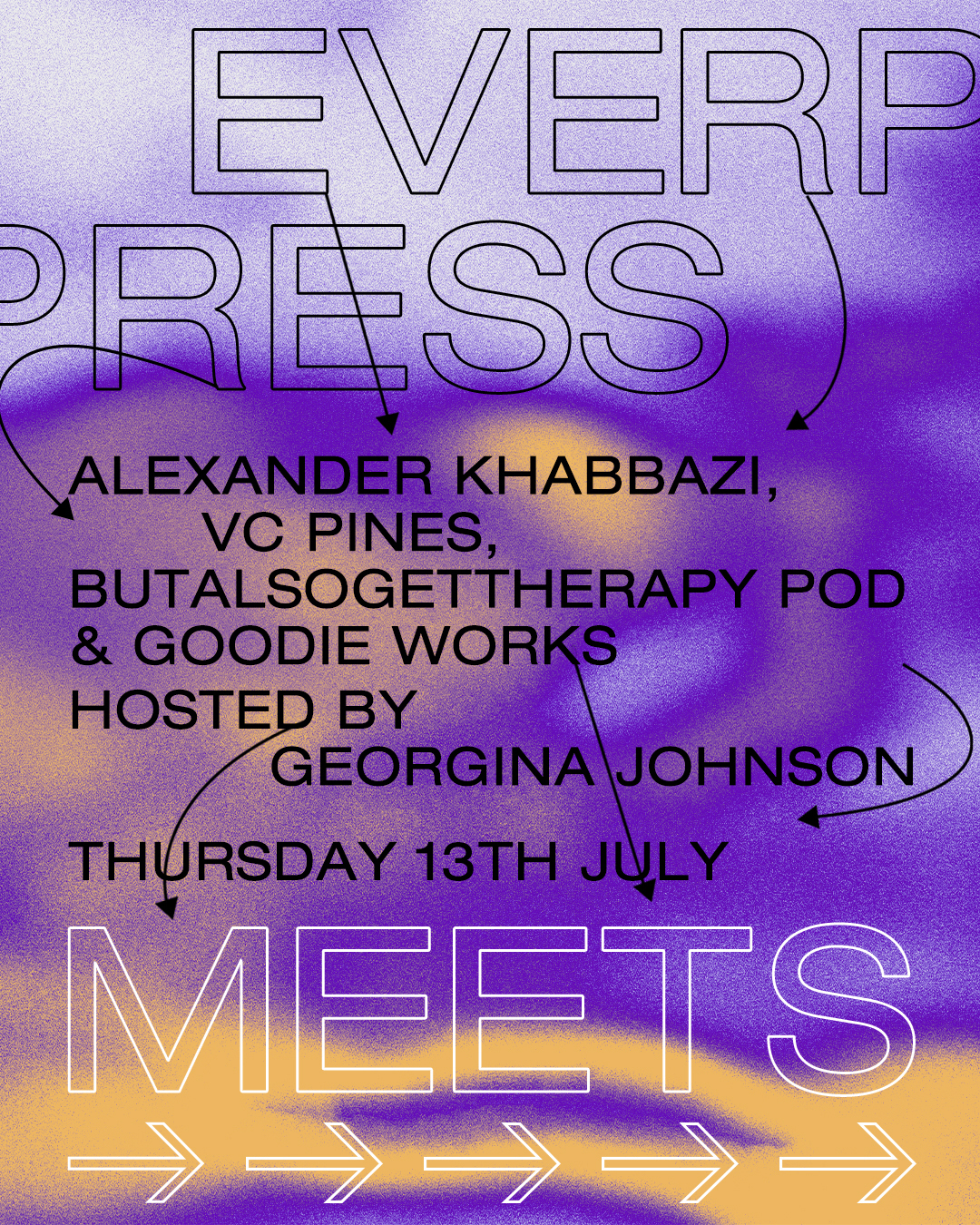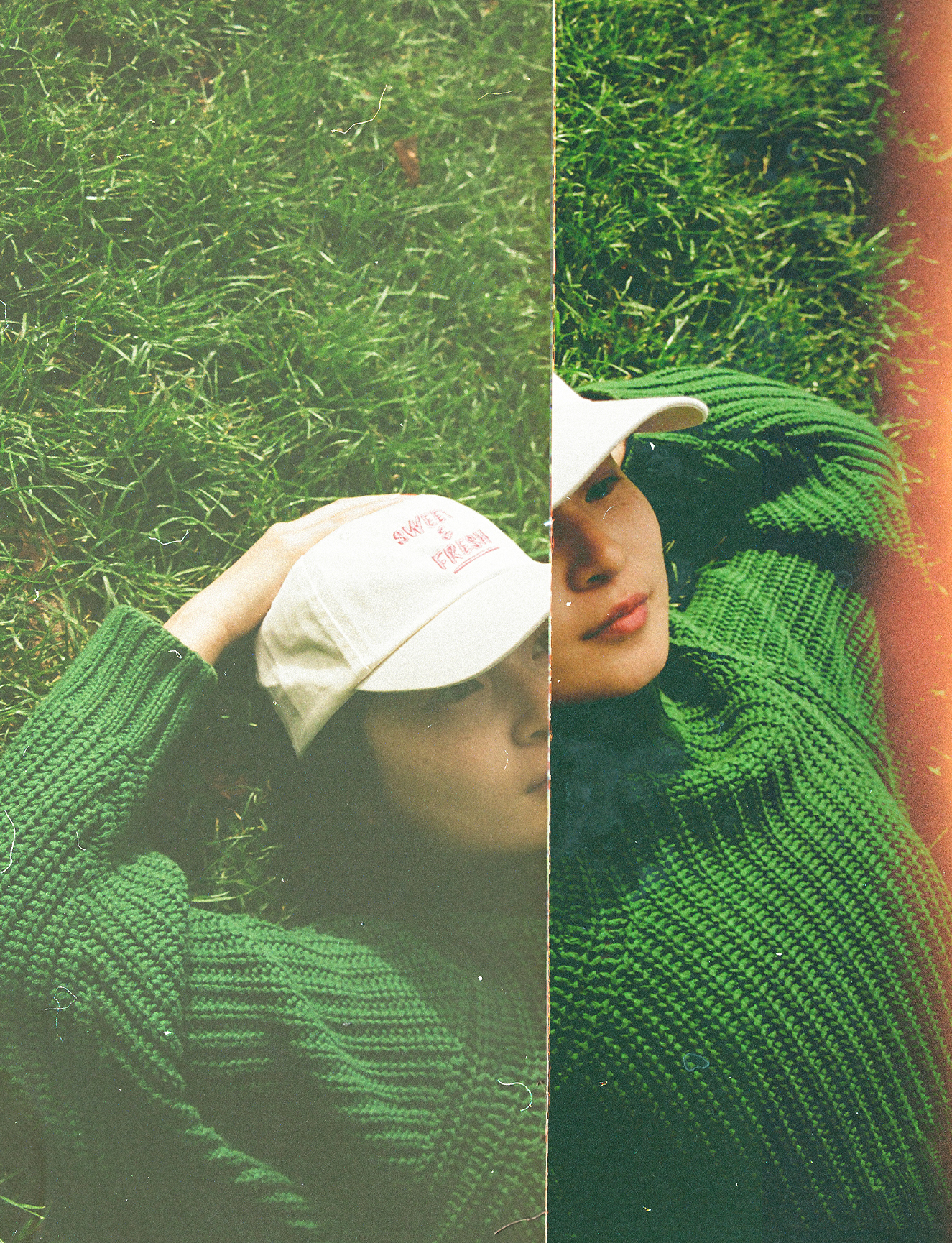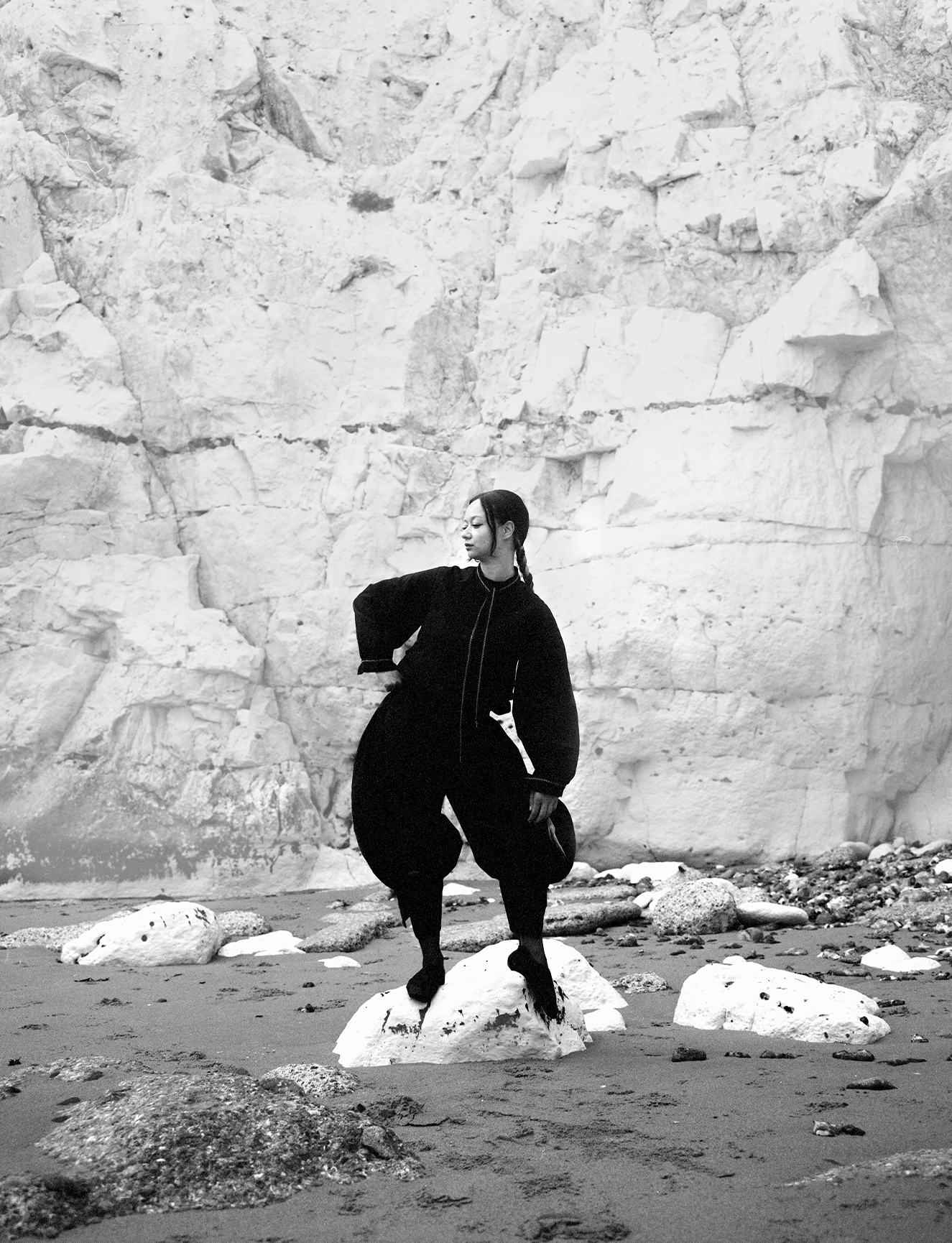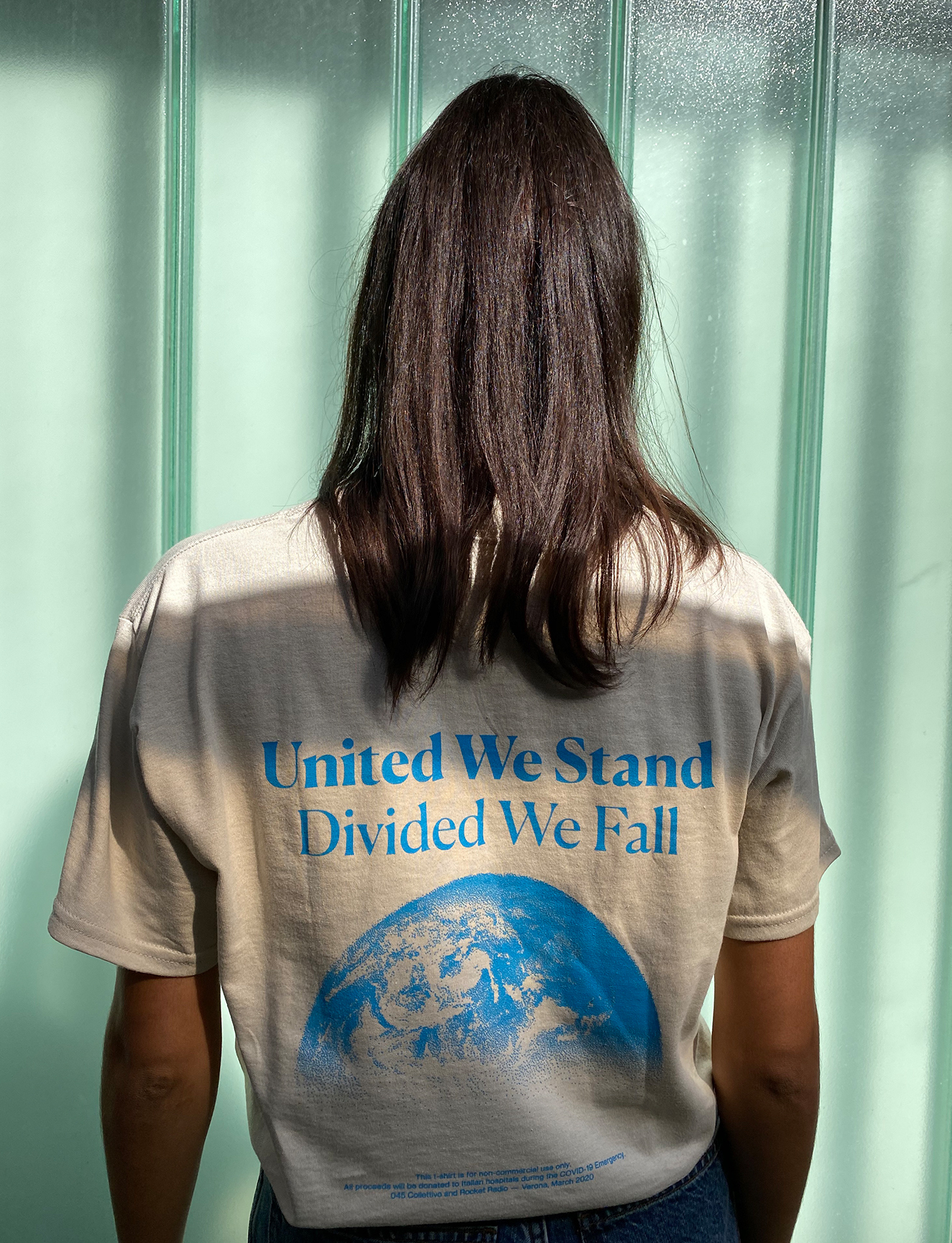On How Algorithm Shapes Output
Halima, But Also Get Therapy: It’s definitely changed the way I share things. I feel like I see certain things getting pushed up by my algorithm on Instagram or TikTok, and in turn I’ll post things that don’t always feel authentic to me, just because I feel that they’ll ‘perform well’ and will be responded to in a certain way.
Lucy Watson, Goodie Works: I’m not very good at social media, and I never post myself on my account. But I think since the pandemic people want a kind of humanity from the people that they see online. I believe that came out of the fact that no one was really having proper human contact, and that hasn’t really gone away. That mode of personal and personality sharing is not something that I’m not used to, and I don’t really feel confident doing it, but I feel like it’s something I’m going to have to adapt to do because of the algorithm. Some people do videos of themselves illustrating or designing, but if I know that there’s a camera watching me, then it doesn’t feel genuine. And I don’t think I can properly concentrate either.
VC Pines: As a musician the algorithm hasn’t changed my work, per se, but it’s changed the way that I introduce my music to the people that follow me or the people that I want to follow me. Rather than just focusing on the audio aspects of it, you have to think about the content on social media and the introduction to that. Like you said, people like things to have that human feel. But you’re still doing an almost inhuman thing, where you’re filming yourself in the process, and you have to kind of try and make it look as real as possible.
Then on top of that, when you are thinking about the algorithm, you have to make things look and feel engaging, make things colourful, have the lyrics to your song in the video. That’s something that ticked up, as opposed to when Instagram didn’t have rules, because they’re copying each other all the time. So you definitely have to change and adapt what you’re doing to get your song across, and that depends on what platform you’re on as well. On TikTok obviously everything is video, so suddenly you have to become a really good amateur videographer.
Mel, But Also Get Therapy: I do feel there’s a pressure, when we grid posts on Instagram, to always have a funny caption, because we have a podcast in which comedy meets in-depth, serious conversations about friendship.
Halima, But Also Get Therapy: We do our podcast every week, and we do seasons that last ten weeks, and I’m not going to lie to you, we pour our hearts out for that full hour and 40 minutes. It’s a lot. And we’ve got it in our heads that for people who arrive at our Instagram, we have to be able to encapsulate what we do, in hours of talking, on one page, because people’s attention spans are next to nothing.
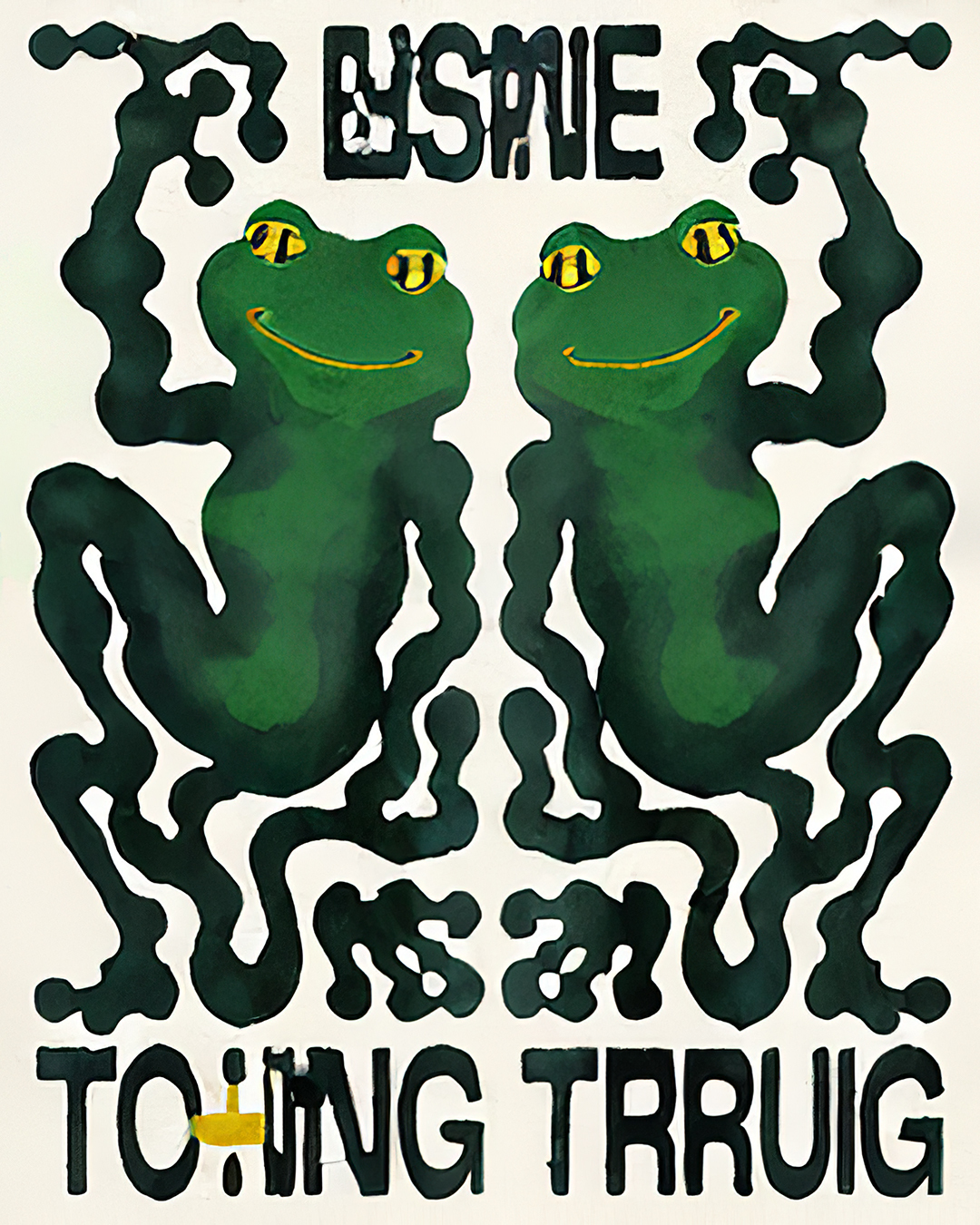
Unfortunately, when you are trying to get into the creative space, at the start you’ve usually got a job as well, so I feel like we’ve just had to balance where authenticity comes from, and we prioritise that. I feel like when we move on to TikTok or Instagram, we lose the essence of what we do, and we just don’t want to.
On Authenticity
Alexander Khabbazi: I think inherently you have to have the gap of authenticity when you’re trying to appeal to the algorithm, which kind of sucks. I have seen people really hating on Instagram reels, then a few months later you see them having to make them. And I’m like, “I know what you really think about this, you don’t want to be doing this, you’re doing it to appeal to the algorithm.” It’s sad to see. I think everyone is the same to a degree, people want to just make art and not think about it so much.
Georgina Johnson: What’s interesting is that what all of you are saying is essentially you have to be five people; you have to make sure you have the skills of a whole office to be able to be noticeable. What you’re saying too is that it takes away from, or makes you maybe not have as much energy to put into the thing that you originally started doing. How do you regain that? How do you feel that each of you can put yourselves back into that so that whatever the algorithm does, you still stay true to you?
VC Pines: I guess we’re always inauthentic in a social media sense, particularly in the music industry. Authenticity goes out the window with almost everything, other than the song itself, because you’ve constantly got managers or A&Rs or whoever, going, “You should be on TikTok six hours a day, 12 hours a day.” It’s never ending. It does just get to the point where you’re like, “Okay, I’m just going to focus on the thing itself.” You can still be authentic on Instagram, on a personal level and say, “I’m having a bad day today, anyone else?” And you can still be a person on Instagram, but I guess as a creative you’re selling something. I’m selling my music, shoot me. I’m posting about my song because I need you to listen to it.
Halima, But Also Get Therapy: I think potentially a lot of musicians and people that are creative have in the back of their mind, “What’s trending right now. And how do I adapt to that?”
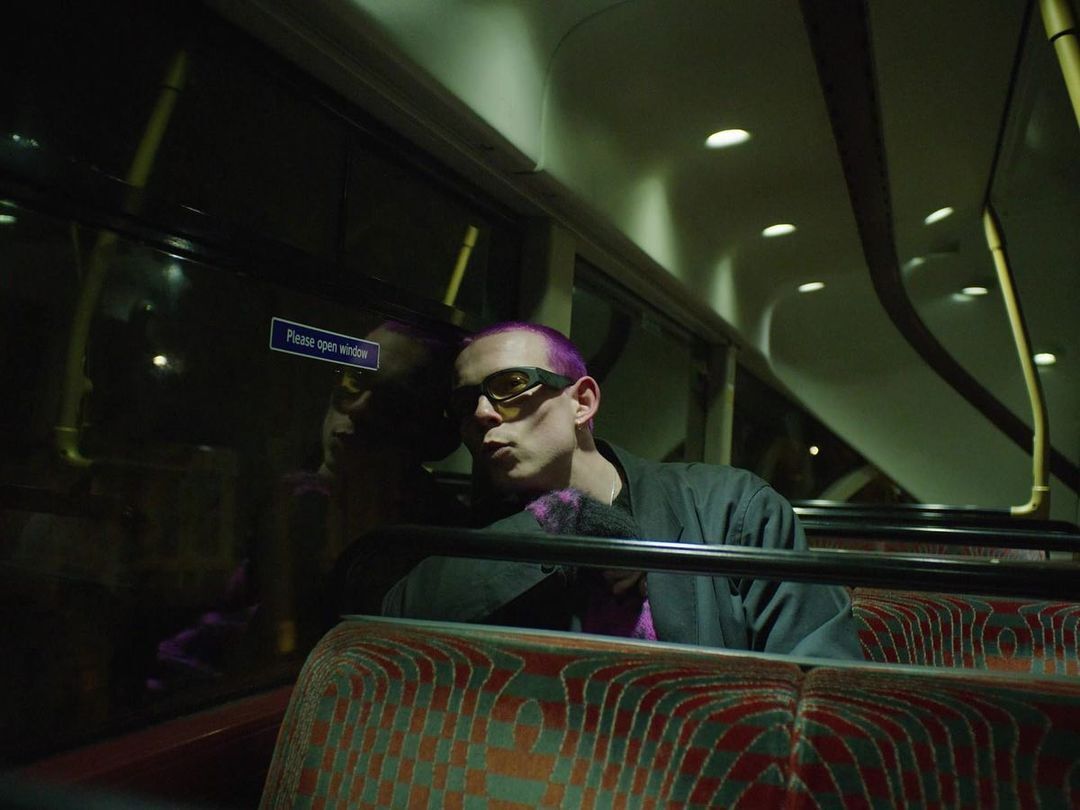
VC Pines: I think it depends what side of the industry you are on. There are definitely people out there who’ll go into a writing session to try and write something that they think is going to be viral on TikTok. That’s the aim, “What’s happening this week? Or, what’s relatable? let’s write about that.” That’s when things become inoffensive, in that you’re not really writing about something that’s coming from you, you’re doing something to go viral.
Mel, But Also Get Therapy: We don’t really water down our opinions, and we’re quite radical in terms of what we speak about on our podcast, but there are also days where we’re recording and we’ll look at each other when we’re half an hour into the recording, and we’re like, “This is shit. We’re not going to release it this week.” In that way, we’re really not being authentic, because if we were being authentic we’d just release the bad episode. We don’t because I want to give people good content, and in that sense, it’s not really authentic.
On Representation And Bias
Georgina Johnson: If we think about people that are shadow-banned, it’s mostly people of colour, so these algorithms are still very politicised, regardless of whether we are aware of it. When we do start talking about AI, I think something that is going to happen more and more is that AI is going to be incredibly politicised, because the information that it’s pulling is going to be racist, misogynist. Technology is really interesting, but at the same time, we have so many IRL problems that we don’t deal with even in the real world, and then these are going to move on to this digital space. How do you move beyond those things?
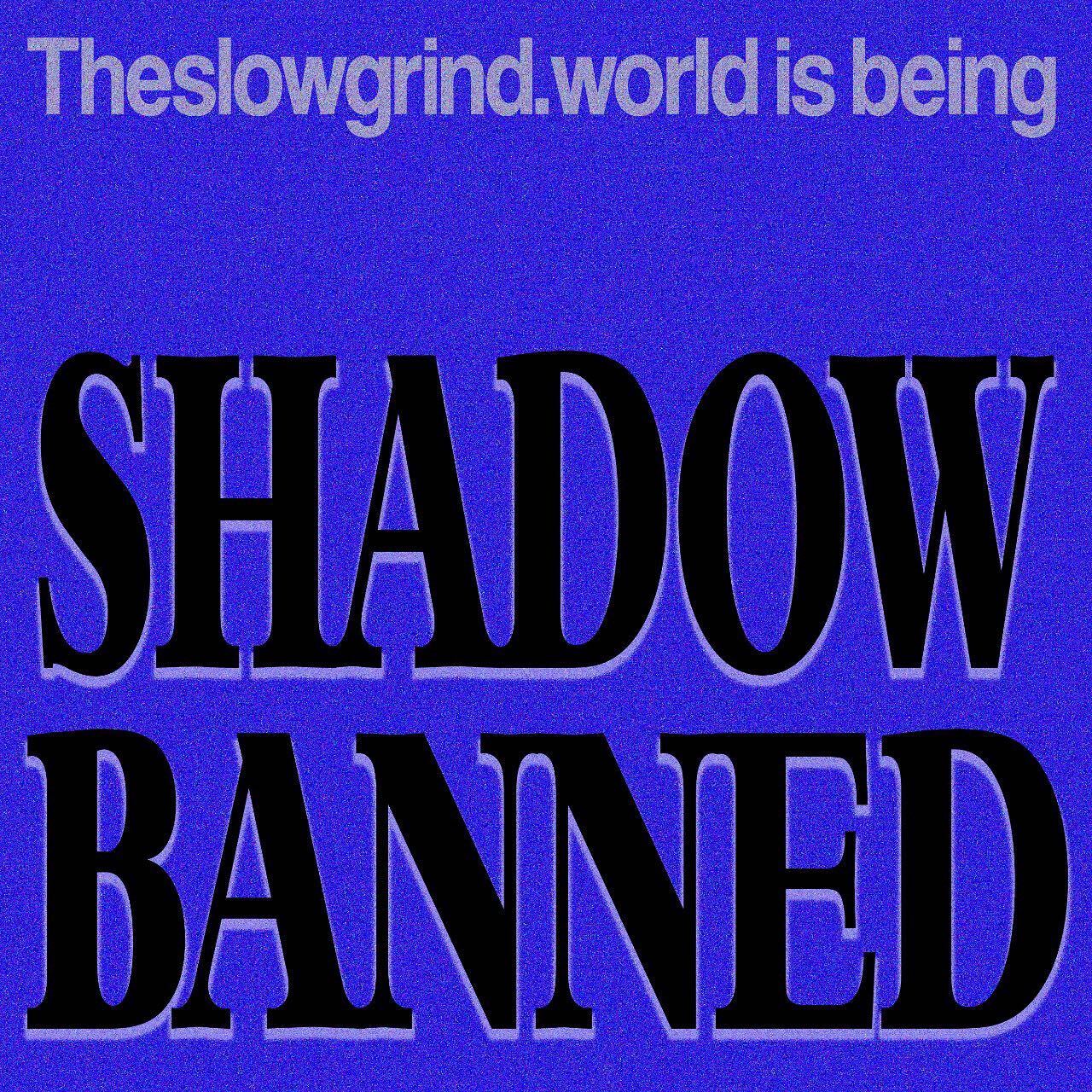
Mel, But Also Get Therapy: I spoke to someone recently who told me about how their posts got shadow-banned, and they lost thousands of pounds putting on their event for trans Queer Asian people, it’s called GGI. They were shadow-banned because the poster was of a trans person semi-naked, and then because no one was seeing their posts they sold very few tickets to the night.
Georgina Johnson: I’m a big advocate for ensuring that all the things that are pushed back, that we are making sure we push them forward, because that’s the only way that these interfaces are going to be forced into recognising these faces. Because it is a known fact that a white face is recognised over a brown face in the digital space, and that is very problematic.
Halima, But Also Get Therapy: We’re not on Tik Tok, and I think that at first was just because it was long, but now it’s a more conscious decision. Definitely from my side we want to remain semi-traditional in what podcasting is. But at the back of my mind, both of us being from ethnic backgrounds, and what we talk about, it’s not that it’s not PC, but we talk about our lives, our experiences, and try not to filter that. I don’t know how well that would perform on an algorithm, and how much that would be pushed, because essentially we’re not pleasing a specific type of person. So we have like, I’m super conscious of that, if I’m being honest, and we want to remain as honest as possible. I don’t ever see us filtering down our opinions, our lived experiences, because we want to get likes.
On Whether Social Profile Matters
Lucy Watson, Goodie Works: For a lot of designers it’s kind of a given these days that you have your portfolio as well as your Instagram account. If your potential client is looking at two different options to work with, and one person has way more followers than another, they’re probably gonna go for that one, even if the other person would be a better designer for the brand. That’s the sad truth of it.
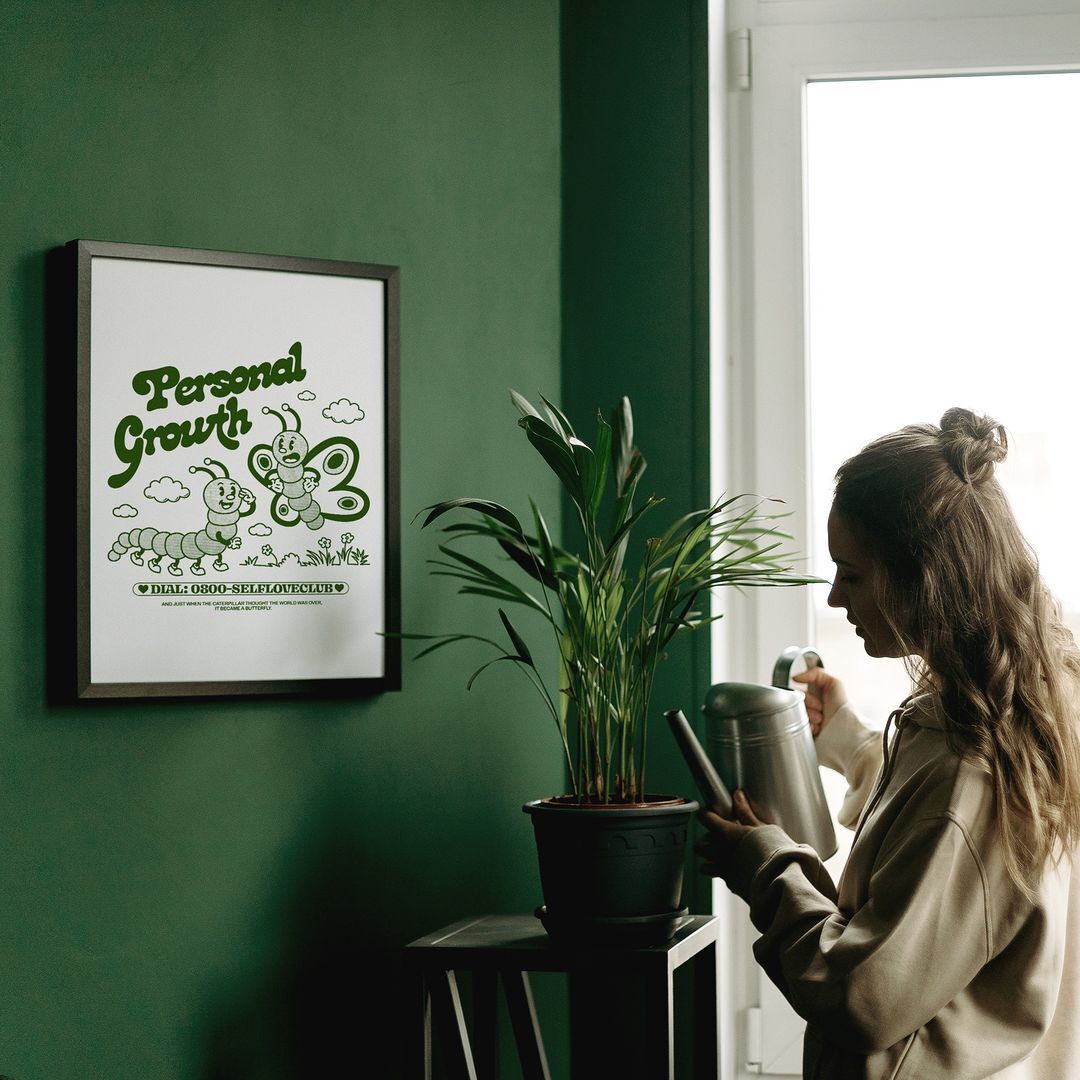
Alexander Khabbazi: I agree completely. I have mates who are tattoo artists in Brighton who are just waiting to hit that 10k point, grinding and running for that, because when people pass that they see a huge difference; “Oh, people respect me now, as a person as an artist.” It has a huge effect on some people’s careers. Realistically, you can have an amazing portfolio, but if you have ten followers in comparison to someone with thousands, you might not win a contract.
Read More: What We Learned At Everpress Meets: Part Two



